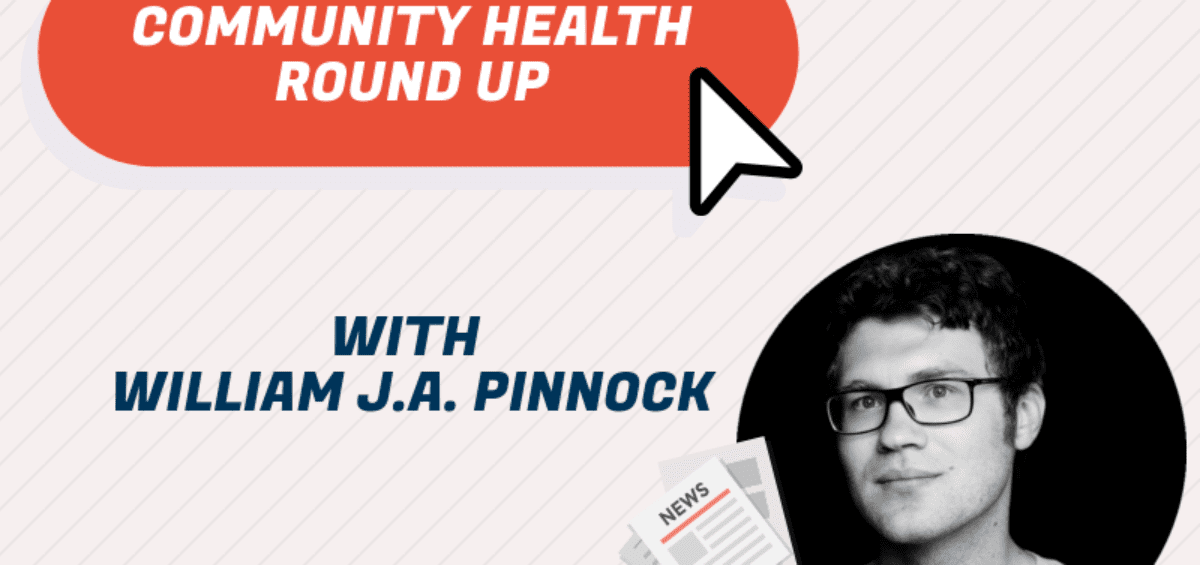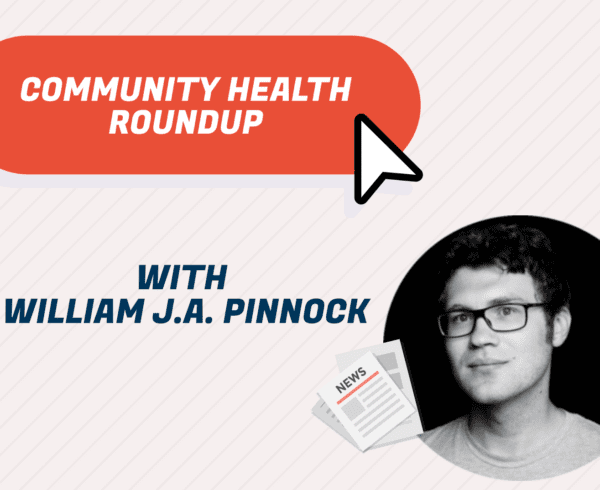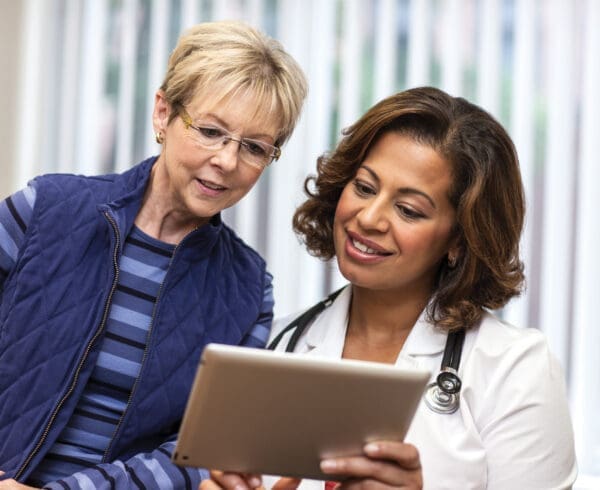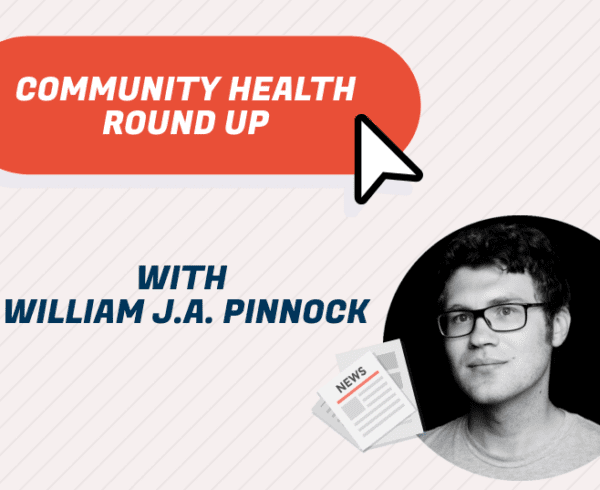Welcome back to the Community Health Round-Up: your soon to be favorite source for health news (and occasionally health history). This week I cast my net far and wide and the bounty I collected is one I can’t wait to share with you. Today we are going to be examining the impact of phone calls on colon cancer screenings; a clinic in Hood River, OR, who is taking a whole person care approach; a piece on the regulation of the opioid industry; and finally how a Planned Parenthood in one town is filling a major gap in health care.
Have you ever wondered, “What is the best way to remind people to return colon cancer screening kits?” If not, I understand, I know I usually don’t. But thankfully there are people like Gloria Coronado, PhD of Kaiser Permanente Center for Health Research who did ask and what she found was recently published in the Journal of General Internal Medicine. You are probably wondering what she found. To find out, you will just have to read this article.
Health is more than just the state of your physical body and OCHIN member clinic, One Community Health, has recognized this by expanding its behavioral health services for a more whole person care approach (treating both the body and mind). It’s a marvelous approach and one we hope more clinics are able to replicate. Read more about One Community Health and their exciting work here.
The story of the opioid epidemic in America is one with roots dating back hundreds of years. It is a drug that has entrenched itself in our society and the effects have touched nearly every person at some point in their lives. But why with all we know about it does it continue to grow in use and abuse year after year? Well, I’m so glad you asked because the Chicago Tribune recently ran a fascinating article about one possible reason as to why it’s been so difficult to halt this growing epidemic.
I want to give a huge shout out to Peoria Planned Parenthood. This clinic has stepped up and is doing something no other clinic or hospital in the community is doing: offering hormone-replacement therapy for transgender patients. Well done PPP, you are an amazing example of how clinics can help all community members.
William Jacob Amadeus Pinnock is a Research Coordinator at OCHIN where he assists with the creation, execution, and dissemination of research projects. He graduated with an MS in Communication from Portland State University where he focused on health communication, rural mass media, and qualitative research methods. He has experience working in commercial health insurance, healthcare research, and radio broadcasting. In his spare time, he is an Adjunct Instructor at Portland State University helping students master the art of public speaking.








